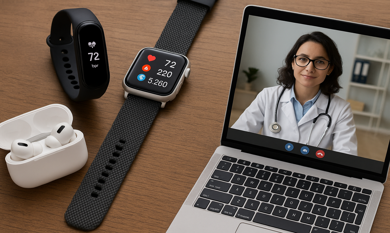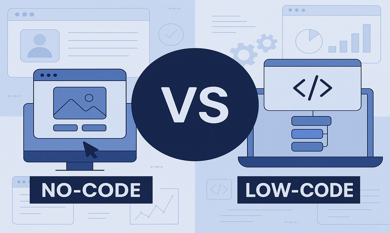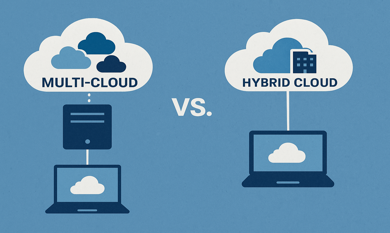Parasitic diseases continue to pose significant public health challenges worldwide, particularly in regions with limited sanitation and healthcare infrastructure. For healthcare startups, harnessing artificial intelligence (AI) to forecast and control parasitic diseases presents a transformative opportunity to improve disease management, optimize resources, and reduce transmission before outbreaks escalate.

The Challenge of Parasitic Disease Control
Parasitic diseases such as malaria, schistosomiasis, and leishmaniasis involve complex transmission cycles influenced by environmental, biological, and social factors. Traditional surveillance methods often rely on reactive approaches, identifying cases only after disease spread intensifies. This results in delayed interventions, increased treatment costs, and higher morbidity.
Innovative startups face the technical challenge of developing predictive systems capable of integrating diverse data streams—such as climate conditions, vector population dynamics, and human movement patterns—to forecast outbreaks with precision.
AI’s Transformative Role in Parasitic Disease Forecasting and Control
AI offers unparalleled advantages in understanding and predicting parasitic disease trends:
- Data Integration: AI models combine meteorological data, satellite imagery, demographic information, and historical infection records.
- Pattern Detection: Machine learning algorithms analyze complex, nonlinear relationships between environmental factors and parasitic disease incidence.
- Early Detection: Predictive tools can provide early warnings of potential outbreaks, enabling preventive measures well in advance.
Healthcare startups often collaborate with an AI development company in Dallas that brings expertise in creating robust, customizable AI models designed for parasitic disease control. This partnership allows startups to leverage state-of-the-art technology and localized data for maximum forecasting accuracy.
Priority Zones for Parasitic Disease Control
Startups should focus on urban and rural areas with:
- High prevalence of parasitic diseases
- Limited sanitation infrastructure
- Proximity to stagnant water bodies and agricultural zones
- Regions with historical outbreaks and vulnerable populations
These areas stand to benefit most from AI-enabled early warnings and targeted control strategies.
Use Cases: AI-Powered Parasitic Disease Control in Action

1. Research and Treatment Development
Predictive analytics support clinical research by identifying outbreak trends, informing vaccine trials, and drug distribution strategies.
2. Healthcare System Preparedness
Hospitals and clinics can anticipate spikes in parasitic infections, optimizing staff deployment, medication stocks, and diagnostic capacity.
3. Community Health Education
Forecast-based alerts enable timely public health campaigns that educate residents on parasite prevention, hygiene, and protective behaviors.
4. Vector Control Optimization
AI-driven risk maps guide targeted insecticide spraying or environmental management to reduce vector populations like mosquitoes and freshwater snails.
Why Healthcare Startups Should Invest in AI for Parasitic Disease Control
- Innovative Edge: AI forecasting tools differentiate startups as leaders in next-generation disease management solutions.
- Public Health Impact: Early intervention reduces disease burden and healthcare costs.
- Strategic Partnerships: Collaborations with governments, NGOs, and healthcare providers generate new revenue and deployment opportunities.
- Scalability: Models can adapt to a wide range of parasitic diseases and geographic contexts.
Overcoming Challenges
- Data Availability: Access to reliable, granular health and environmental data is essential.
- Model Interpretability: Transparent AI models build trust among public health decision-makers.
- Regulatory Compliance: Secure, ethical data handling is critical to meet privacy and health regulations.
Conclusion
Healthcare startups developing AI-powered parasitic disease control solutions are positioned to make significant contributions to global health. By working with specialized AI development companies in Dallas, such as Theta Technolabs, they can build advanced predictive models that enable timely interventions, optimize resource allocation, and ultimately reduce the impact of parasitic diseases worldwide. Theta Technolabs brings cutting-edge expertise and tailored AI solutions to help startups innovate and scale their disease forecasting platforms effectively.
Ready to Revolutionize Parasitic Disease Control with AI?
Partner with Theta Technolabs to transform your healthcare startup’s vision into reality. Leverage our expertise in Web, Mobile, and Cloud AI development to create powerful, predictive disease control solutions that save lives and drive impact.
Contact us today at sales@thetatechnolabs.com to discuss your project and get started.






















_Choosing%20the%20Right%20App%20Development%20Company_%20A%20Comprehensive%20Guide_Q1_24.jpg)
_Chatbots%20for%20Event%20Management%20and%20Hospitality%20Services_Q1_24.jpg)
_Best%20iOS%20App%20Development%20Company_%20Enhancing%20User%20Engagement%20with%20Push%20Notifications_Q2_24.jpg)
_Key%20Trends%20in%20Healthcare%20Software%20Development%20for%20the%20Future_Q2_24.jpg)
_How%20much%20does%20it%20cost%20to%20create%20an%20android%20app%20in%202024%20for%20Startups_%20A%20detailed%20guide_Q2_24.jpg)
_Integrating%20Chatbots%20Into%20Your%20Application.jpg)


_Enhancing%20Driver%20Safety%20and%20Compliance%20with%20Web%20Apps%20in%20the%20Logistics%20Sector_Q3_24.jpg)
_Web%20Apps%20for%20Retail%20and%20eCommerce_%20Streamlining%20Operations%20and%20Reducing%20Costs_Q3_24.jpg)
_How%20AI%20is%20Enhancing%20Construction%20Site%20Surveillance%20and%20Security%20in%20Dallas_Q3_24-1.jpg)
_The%20Impact%20of%20Cross-Platform%20Apps%20on%20Real%20Estate%20Market%20Trends%20in%20Dallas_Q3_24-1.jpg)
_Streamlining%20Appointment%20Scheduling%20with%20Cloud%20Computing%20in%20Dallas%20Healthcare_Q4_25.jpg)
_How%20Cloud%20Solutions%20Are%20Enhancing%20Remote%20Patient%20Monitoring%20in%20Healthcare_Q4_25.jpg)










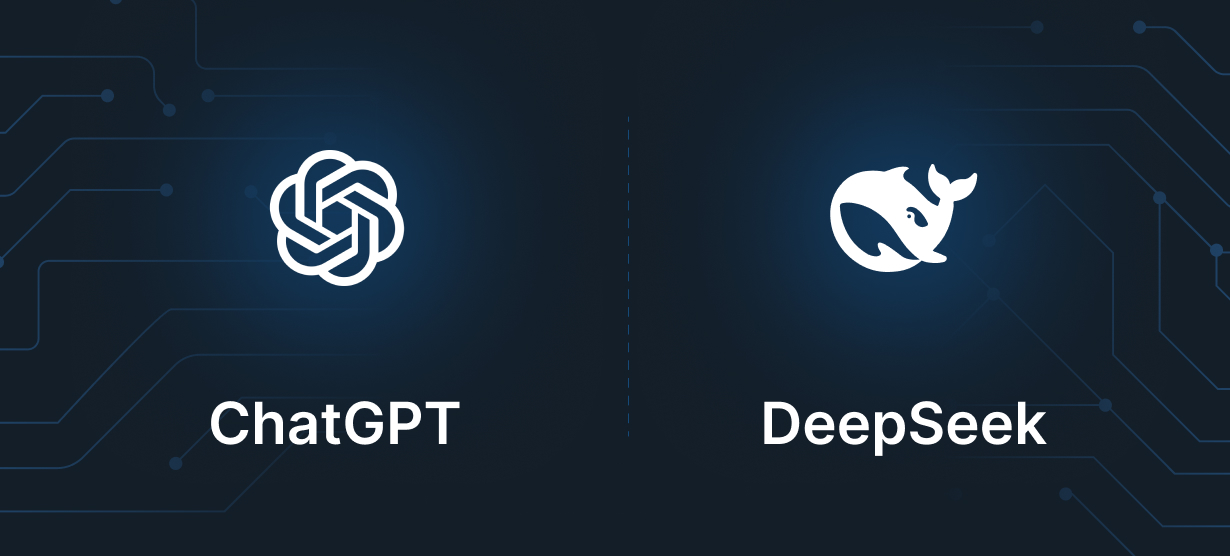




















.png)




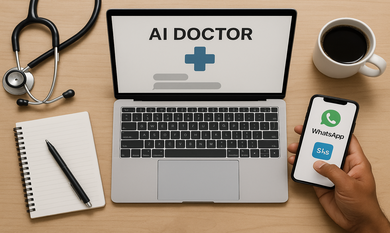

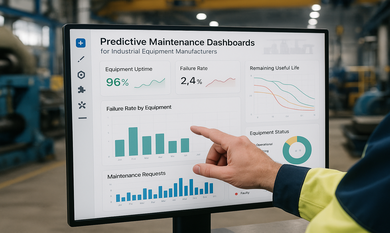
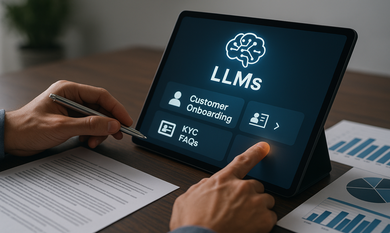

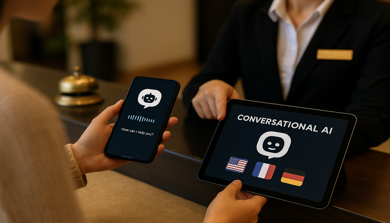


.png)

.png)
.png)
.png)
.png)


.png)
.png)
.png)

.png)



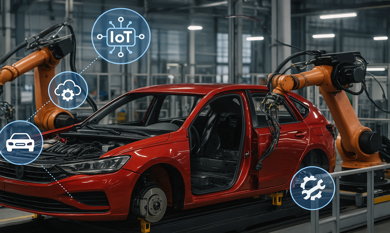


.png)
.png)

